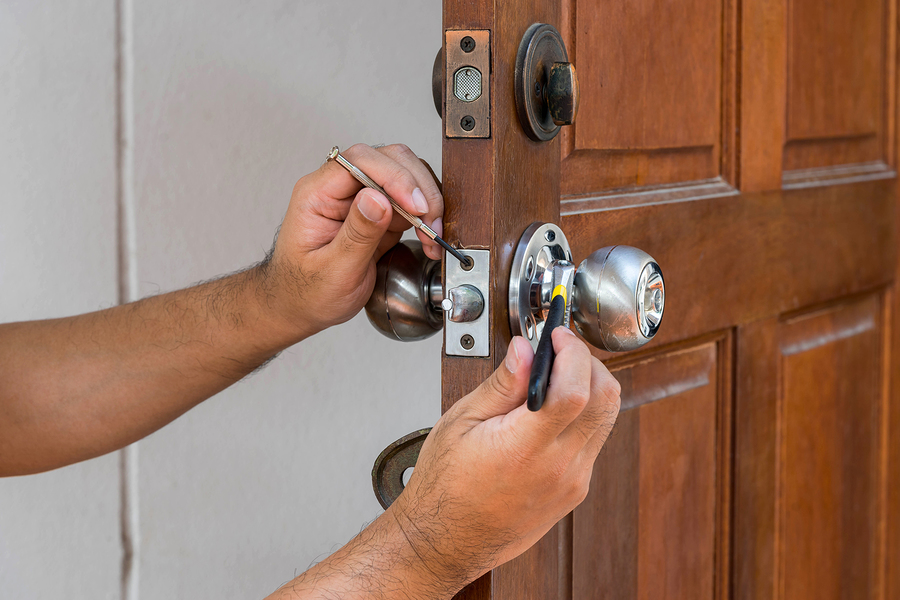Private Security
OVERVIEW
OVERVIEW

The Department of Public Safety (DPS) regulates the private security profession in Texas. DPS protects the public by conducting fingerprint-based background checks on applicants, investigating and resolving complaints, read more…

LAWS AND REGULATIONS
LAWS AND REGULATIONS

Enabling statutes, administrative rules, and related information may be found here.

LICENSING AND REGISTRATION
LICENSING AND REGISTRATION

Application and renewal instructions and related information may be found here.

CONTACT US

REPORTS AND STATISTICS
REPORTS AND STATISTICS

Reports and statistics, and related information may be found here.

